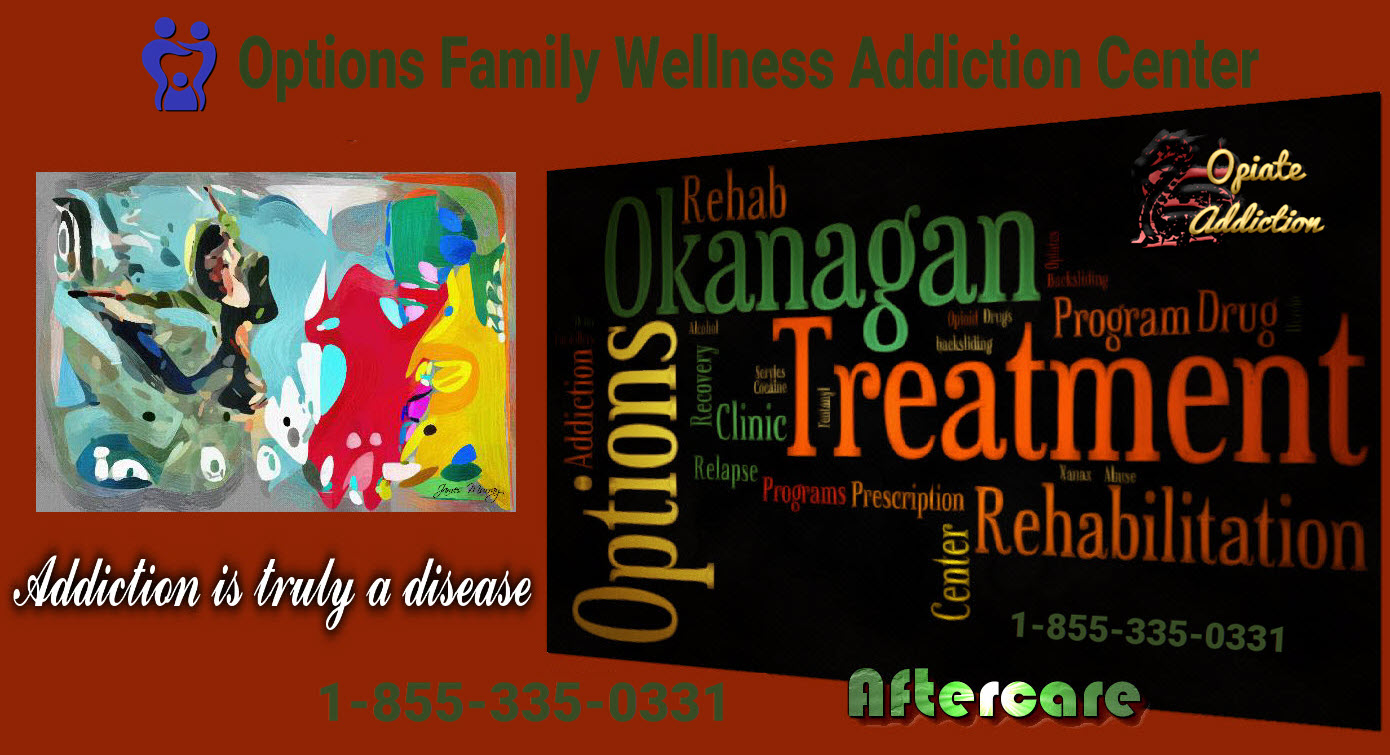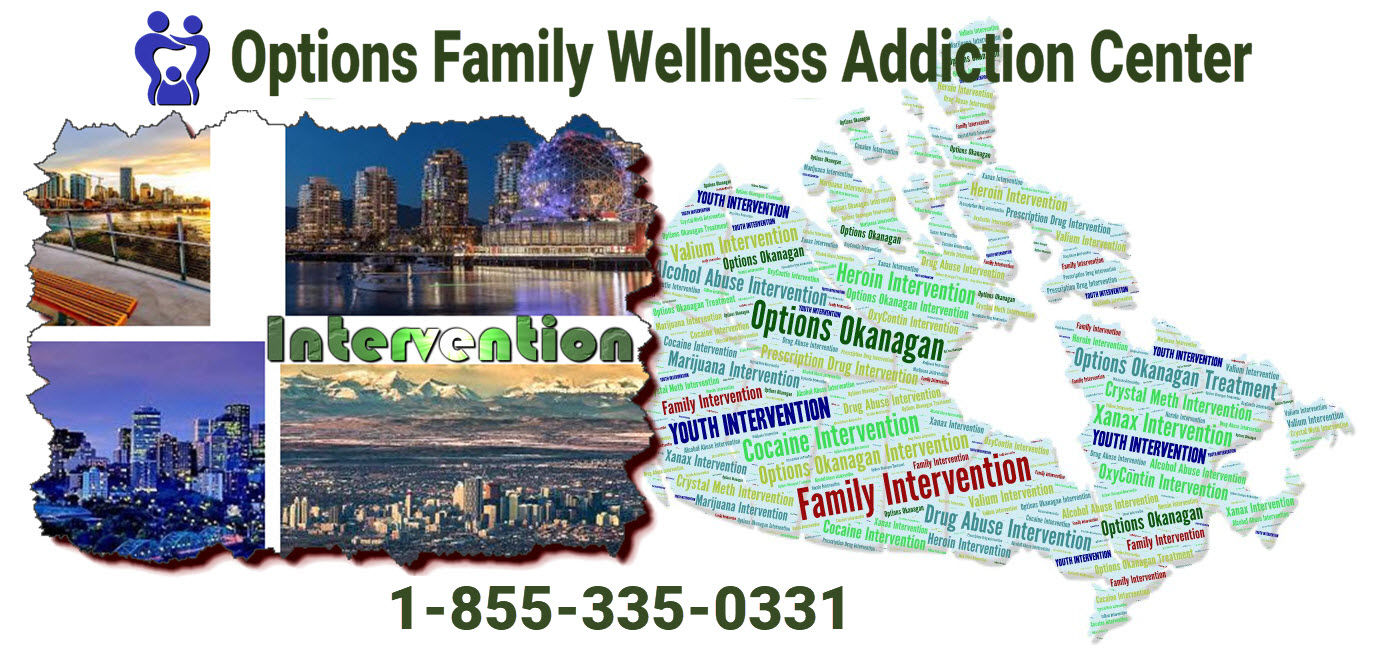Shocking Statistics Revealed: The Real Facts About Teenagers and Drug Abuse! – Drug addiction treatment programs for recovering addicts in British Columbia and Alberta – Options Family Wellness Addiction Center in Kelowna, British Columbia treating drug, opioid, prescription drugs, opiate, fentanyl, heroin and alcohol addiction and recovery.
Drug Treatment Center In BC
“Is Your Teen at Risk for Addiction? Find Out Now!”
This post highlights the real facts about drugs and teenagers, emphasizing the prevalence and dangers of substance abuse among this age group. The teenage years are a time of exploration and experimentation, which can lead to drug use and addiction. This post describes the various factors that contribute to drug abuse among teenagers, such as peer pressure, stress, and mental health issues. The article also provides information on common drugs used by teenagers, including marijuana, alcohol, prescription drugs, and other substances.
Drug abuse among teenagers is a major problem in Canada and the United States. While young people have always been curious about experimenting with drugs, the range of drugs available to them today is much wider than in the past, making the situation more dangerous. Parents, educators, and the wider community need to understand the realities of drug use and abuse among teenagers in order to address this issue effectively.
Marijuana is the most commonly used drug among teenagers, with nearly 54% of high school graduates reporting its use. This trend starts early, with around 17% of eighth-graders having tried marijuana at least once. Synthetic marijuana is the favorite drug of more than 12% of high school students, followed by hallucinogens such as LSD. Ecstasy is also popular, while drugs like heroin, crack, and cocaine are used less frequently.
Prescription drug abuse is a growing problem among people of all ages, including teenagers. Substance abuse statistics show that ADHD medications are popular among students who use them to help them stay focused and awake while studying. Prescription pain medication is also a serious issue, as it is often prescribed as a pain reliever and is therefore easily accessible to teenagers. These drugs are dangerous because of the risk of overdose, their addictive nature, and their side effects. More teenagers die from using prescription drugs alone than from using a combination of heroin and cocaine.
One of the key facts about drug use and abuse among teenagers is that it is not limited to any particular group of young people. While it is true that some teenagers are more likely to experiment with drugs than others, the reality is that drug use and abuse can affect any teenager, regardless of their background or social group. This means that parents and educators need to be vigilant and aware of the signs of drug use in order to help young people who may be struggling with addiction.
The majority of teenagers who use drugs do not become addicted. While it is certainly possible for teenagers to develop addiction, most young people who experiment with drugs do not go on to become dependent on them. This is particularly true of marijuana use, which is often seen as a relatively harmless drug. However, even occasional drug use can have serious consequences for young people, including impaired judgment, poor academic performance, and increased risk of accidents or injuries.
Young people can easily access drugs from a variety of sources. Alcohol and drug statistics show that many students can find drugs in their own schools. Over 60% of teens are aware of drug use and storage in their schools, and more than 60% say they can get prescription drugs from either a family member or friend. In the last decade, prescription drugs have become increasingly popular due to their easy accessibility. Both adults and teenagers are prescribed pain relievers and ADHD medications, making these drugs readily available.
It is important for parents, educators, and healthcare professionals to have open and honest conversations with teenagers about drugs and substance abuse. Educating teenagers about the real facts and consequences of drug use can help them make informed decisions and avoid the dangers associated with substance abuse. Additionally, it is crucial for parents and guardians to monitor their children’s behavior and seek professional help if they suspect their child may be using drugs. By taking proactive measures to prevent substance abuse among teenagers, we can help ensure a brighter and healthier future for the next generation.
FAQ:
Q: What is the post about?
A: The post is about the real facts about drugs and teenagers, including the prevalence and dangers of substance abuse among teenagers, common drugs used by teenagers, and the importance of prevention and early intervention in addressing substance abuse.
Q: Why are teenagers at risk for substance abuse?
A: Teenagers are at risk for substance abuse due to a variety of factors, including peer pressure, stress, mental health issues, and the desire for experimentation and exploration.
Q: What are some common drugs used by teenagers?
A: Common drugs used by teenagers include marijuana, alcohol, prescription drugs, and others.
Q: How can parents and guardians help prevent substance abuse among teenagers?
A: Parents and guardians can help prevent substance abuse among teenagers by educating them about the risks of drug use, building resilience and coping skills, fostering positive relationships with peers and adults, and monitoring their behavior.
Q: What is the importance of prevention and early intervention in addressing substance abuse among teenagers?
A: Prevention and early intervention can help prevent the progression of substance abuse and increase the chances of successful recovery. Effective prevention strategies include educating teenagers about the risks of drug use, building resilience and coping skills, and fostering positive relationships with peers and adults.
Q: What should parents do if they suspect their child may be using drugs?
A: If parents suspect their child may be using drugs, they should seek professional help and support, such as talking to a healthcare provider or counselor. It is important to take proactive measures to address substance abuse and prevent the progression of addiction.
Some leading books and authors about the above post with short summaries of the books:
“Beautiful Boy” by David Sheff: This book is a memoir by journalist David Sheff about his son’s struggle with drug addiction. It provides an intimate and moving account of the devastating impact of addiction on families and the challenges of recovery.
“Talking to Teens About Drugs and Alcohol” by Dr. Thomas Wright: This book provides parents and caregivers with practical advice and tools for having open and honest conversations with teenagers about drugs and alcohol. It offers insights into the teenage brain, tips for setting boundaries, and strategies for building trust and communication.
“Addicted Like Me” by Karen Franklin and Lauren King: This book is a collaborative memoir by a mother and daughter about their experiences with addiction. It offers a unique perspective on the challenges of recovery, the impact of addiction on families, and the importance of empathy and support.
“The Teenage Brain” by Frances E. Jensen: This book explores the unique challenges and opportunities of the teenage brain, including the impact of substance abuse on brain development. It offers insights into the science of adolescent behavior and practical advice for parents and educators.
“Clean” by David Sheff: This book is a follow-up to “Beautiful Boy” and explores the challenges of recovery from addiction. It offers an intimate and moving account of the joys and struggles of recovery and the importance of support and community in the healing process.
In the depths of despair,
The families of those lost
Stand silently in prayer,
Their love now the cost.
Empathy flows in waves,
As we mourn those gone too soon,
Our hearts heavy with the weight
Of their battles fought and lost too soon.
Sadness fills our souls,
As we think of what could have been,
And wonder how to console
Those left behind to grieve and mend.
But in this dark hour,
We must find a glimmer of light,
A way to show our power
And make their memory bright.
For those still fighting,
We offer hope and support,
With love and care abiding
And strength to not fall short.
We must reach out and lend a hand,
To those struggling with addiction’s hold,
Offering a path to a better land
And the promise of a brighter tomorrow to behold.
For though the road ahead may be long,
And the journey wrought with strife,
We know that with love and hope so strong,
Together we can build a better life.
We offer a shoulder to lean on,
And ears to listen without judgment or blame,
For the road to recovery may be long,
But together we can endure the pain.
So let us honor the memory
Of those we have lost along the way,
And keep fighting for a brighter destiny,
With love, hope, and strength every day.
Options Opiate and Alcohol Treatment Center in Kelowna, British Columbia – Men and Women are recovering and healing from Alcohol and Drug Abuse at our recovery facility here in the Okanagan right now.
Our unique and distinctive Opiate Drug and Alcohol treatment program allow men and women to come in from Calgary as well as Edmonton as we offer airport pickup.
Numerous clients come to us from Vancouver, Calgary, and Edmonton and other locations in Alberta and even other provinces for Opiate addiction treatment, heroin drug treatment, many other drug and alcohol addictions for rehabilitation because of the uniqueness of our treatment center.
Options Drug and Opiate Treatment Center
551 Sherrydale Crescent, Kelowna, British Columbia, V1V 2E6
Toll-Free Phone Number: 1-855-335-0331




